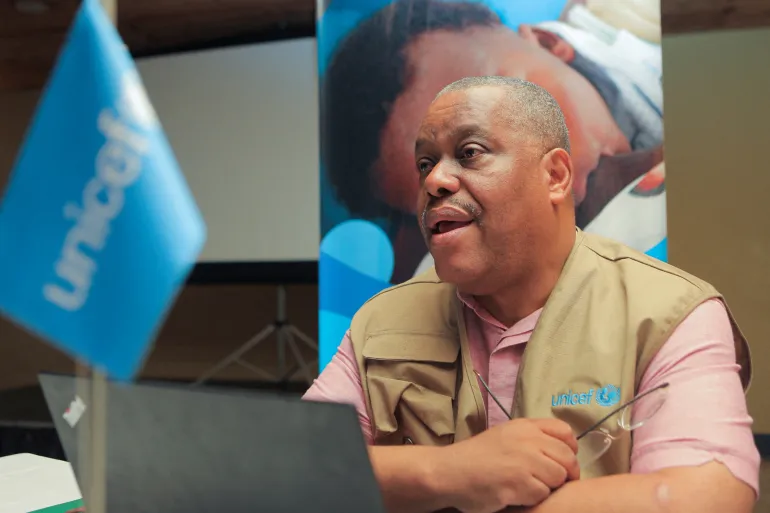
In a significant political development, Haiti's transitional council has named Garry Conille as the new prime minister. The decision comes during a period of severe turmoil, with gangs seizing control over much of Port-au-Prince, the nation’s capital. Conille, a familiar figure in Haitian politics, previously served as prime minister for a brief period from October 2011 to February 2012, before resigning due to conflicts with then-President Michel Martelly.
Conille’s appointment follows the tenure of interim Prime Minister Michel Patrick Boisvert, who took office after the resignation of Ariel Henry in late April. The selection process for the new prime minister has been fraught with controversy and false starts, reflecting the broader instability that has gripped Haiti since the assassination of President Jovenel Moise in July 2021. In the absence of federal elections since then, the country has been mired in political uncertainty and escalating violence.
Ariel Henry, who was appointed days before Moise's assassination, had been serving as acting president in the tumultuous aftermath of Moise’s death. During Henry’s tenure, the power vacuum left by the political crisis allowed gangs to assert control over approximately 80 percent of Port-au-Prince, including critical roadways leading in and out of the city. The United Nations estimates that the ensuing violence has displaced more than 362,000 people, with over 1,500 killed and hundreds more injured in the first three months of 2024 alone.
Henry’s attempts to address the security crisis included seeking international support, as evidenced by his recent trip to Kenya to garner backing for a security mission to aid Haiti’s police force. However, his efforts were interrupted by coordinated gang attacks on key infrastructure, including prisons, police stations, and the capital’s airport, which temporarily stranded him outside the country. Amid mounting domestic and international pressure, Henry announced his decision to step down as prime minister in March.
The formation of the nine-member transitional council was facilitated by the Caribbean Community (CARICOM), aimed at restoring Haiti’s democratic processes by 2026. The council, which includes seven voting members, faced immediate challenges in its mandate, highlighted by the contentious selection of the new prime minister. Last month, four of the council’s voting members initially chose former sports minister Fritz Belizaire for the position, but this decision was retracted following criticism over procedural lapses.
Conille’s appointment, resulting from a six-to-one vote, has not been without skepticism. Line Balthazar, president of the Tet Kale party, criticized the selection process as improvised, while the Montana Accord, a prominent Haitian civil society group, questioned the council’s commitment to transparency. The group issued a statement urging substantial measures to address the worsening conditions, as gangs continue to expand their control and commit crimes with impunity.
Adding to the complexity, gang leaders have signaled their potential resistance to the transitional council’s authority and its decisions. This ongoing threat underscores the formidable challenges facing Conille as he assumes office.
Since 2023, Conille has been serving as a Latin America regional director for UNICEF, a UN agency focused on humanitarian aid for children. His return to the prime minister’s office comes at a critical juncture, with Haiti in desperate need of effective governance to combat the escalating violence and restore stability.
As Conille steps into his role, the international community and Haitian citizens alike are watching closely, hoping for meaningful progress in a nation beleaguered by political instability and rampant gang violence. The path forward remains fraught with difficulties, but Conille’s leadership will be pivotal in navigating Haiti through this turbulent period.











